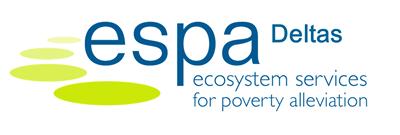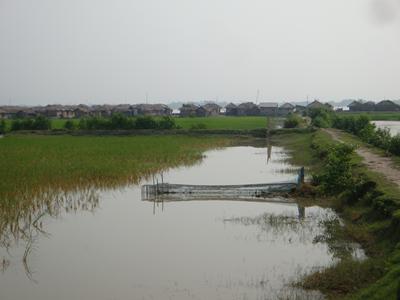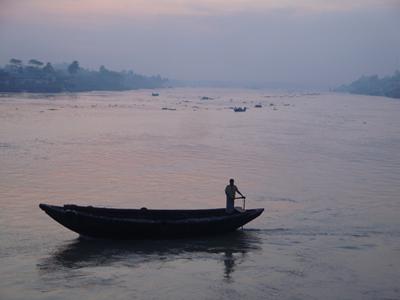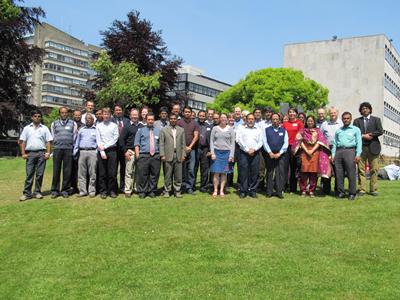Worldwide, delta regions, with their large populations and ecosystems are vulnerable as they face multiple threats now and in the coming decades through stresses at global (e.g., sea-level rise), regional (e.g. catchment management) and local levels (e.g., water extraction, sediment starvation, subsidence). Collectively, these stresses result in increasing flooding, salinisation and land loss, degrading ecosystem services with adverse effects on the poor. The Ganges-Brahmaputra-Meghna Delta is one of the world's most dynamic and significant deltas and is at increased risk of extreme weather events and sea-level rise, coupled with rapid population growth and urbanisation.
Project Methodology
This project aims to improve the provision of ecosystem services and better define the drivers of poverty, utilising a wide range of physical and social models (e.g., climate, coastal and catchment hydrology, water quality, morphodynamics, mangroves, fisheries, demographic projections and vulnerability modelling). In addition, a new flexible integrated analysis modelling tool will be developed that can describe complex interrelationships between the physical and social environments and their drivers, and the livelihood of local populations. A key part of this project, from beginning to end, is stakeholder involvement. This is including in all stages of the research to ensure the outcomes have maximum benefit to the end-users (e.g. government, NGOs, local decision makers).
Outputs
-
Quantification of links between poverty and ecosystem services
-
Integration of biophysical and socio-economic models
-
A scientific evidence base for the policy makers
-
Tools for decision makers
-
Transferable methods and models for other populous deltas
For further information please contact
Jon Lawn 023 8059 2651 J.Lawn@soton.ac.uk
The ESPA programme is funded by the Department for International Development (DFID), the Economic and Social Research Council (ESRC) and the Natural Environment Research Council (NERC), as part of the UK's Living with Environmental Change Programme (LWEC).



